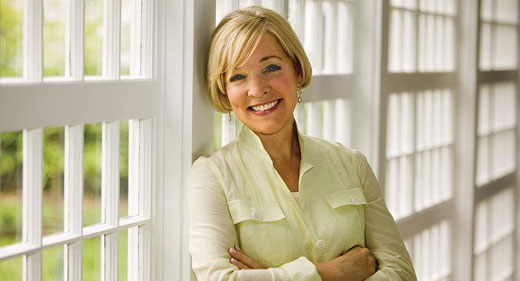by Steve Taylor Ph.D: A few months ago, I completed a research project at my university about purpose…

We began with the hypothesis that there are different types of purpose. We identified seven different types, beginning with no purpose, survival purpose (in other words, just getting by from day to day) and religious purpose. We also identified ‘self-accumulative’ purpose, (which means accumulating money, status or power), altruistic/idealistic purpose, and ‘self-expansive’ purpose, which means developing yourself creatively or spiritually. Finally, we identified ‘transpersonal’ purpose, which is the ‘spiritual’ feeling of serving a purpose that is bigger than you, without much conscious effort or intention. It’s when your purpose seems to flow through you, and carry you along, rather than you pushing it along.
We had some interesting findings, especially in relation to age. There was a negative correlation between self-accumulative purpose and age. That is, the older a person was, the less important money, possessions, status, and power were to them. Meanwhile, there was a positive correlation between ‘transpersonal purpose’ and age. The oldest age group (65-plus) were most likely to feel this kind of ‘spiritual’ purpose, while the youngest age group (18 to 30) were the least likely. (Interestingly, we found that women were more likely to be more oriented around transpersonal purpose too.)
Our research investigated the relationship between different types of purpose and self-reported happiness too. We found that ‘no purpose’ and ‘survival purpose’ were most strongly related to unhappiness, while altruistic, self-expansive and transpersonal purpose was associated with happiness. And transpersonal purpose was most strongly associated with well-being.
Gerontranscendence
Why should older people be more oriented around a ‘transpersonal purpose’? Does this imply that people become more ‘spiritual’ as they get older?
Some evidence for this comes from the theory of ‘gerotranscendence,’ developed by the Swedish psychologist Lars Tornstam. Tornstam suggests that aging can be a process of spiritual development. His research has shown that about 20 percent of people (more women than men) over the age of 65 attain ‘cosmic transcendence’ in which they feel connected to the universe and that they are part of everything alive. They also feel a strong sense of the presence of people who are physically elsewhere.
My own view is that this is because getting older entails letting go of some of our psychological attachments. It means that we are no longer able to depend on external things as much for our sense of identity and well-being. We have to let of our attachments to the future, to our appearance, to our possessions, our success, and so on. This is partly because we move towards the end of (or retire from) our careers, and also because we move closer to death.
This ‘letting go’ is one of the primary characteristics of spiritual development. All spiritual traditions, from Buddhism to Sufism to Taoism, emphasize the importance of not being dependent on external things for our well-being. They tell us that we should not care too much possessions, about ambitions and worldly success, and so on. Rather, we should find a natural source of well-being inside ourselves; a natural contentment that isn’t disturbed by the events and circumstances of our lives. So, for some people, getting older seems to mean becoming more rooted in this inner well-being, as opposed to chasing after sources of external happiness.
The Importance of Acceptance
So in a sense, old age can be a process of natural spiritual development. Obviously, this doesn’t always happen. Many old people struggle as their psychological attachments dissolve away. They may feel aggrieved about changes to their physical appearance, the loss of youthful vitality, and the potential loss of everything they have accumulated (their achievements, possessions, status and so on) through death. Rather than experiencing transcendence, they feel more anxious and frustrated. As the famous developmental psychologist Erik Erikson noted, in old age, there are two paths we can take – into ego integrity or into despair; that is, into wisdom and acceptance, or into bitterness and resentment.
In my view, the key element here is acceptance. I wrote a book called Out of the Darkness, which was a study of how intense psychological turmoil (such as a diagnosis of cancer, bereavement, addiction or intense depression) can sometimes give rise to personal transformation. I found that the transformation was always preceded by a moment of acceptance; of letting go of resistance, of surrender, or ‘handing over.’ And this is no doubt the case with old age. If we resist the natural process of letting go that comes with aging, we will become more unhappy. If we accept it, we will become happier – and at the same time, more spiritually developed.























































